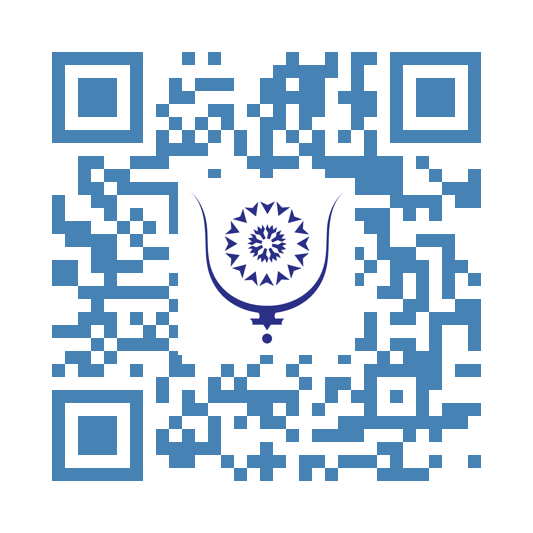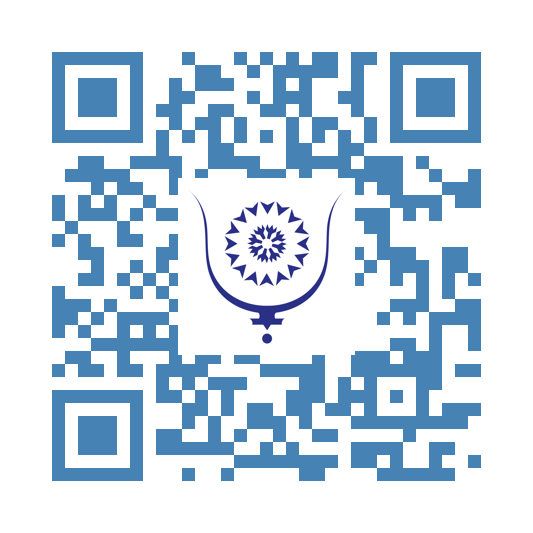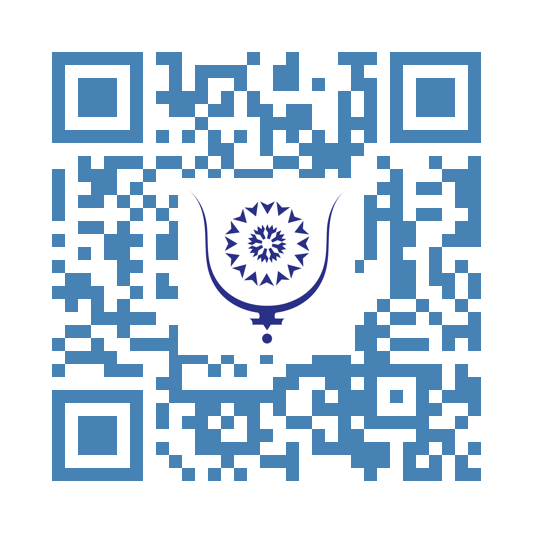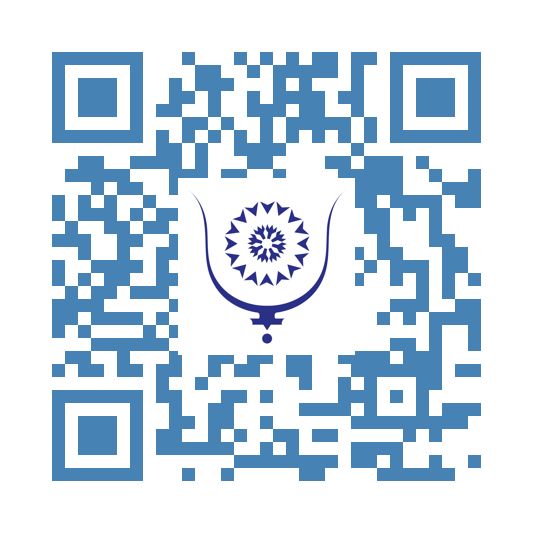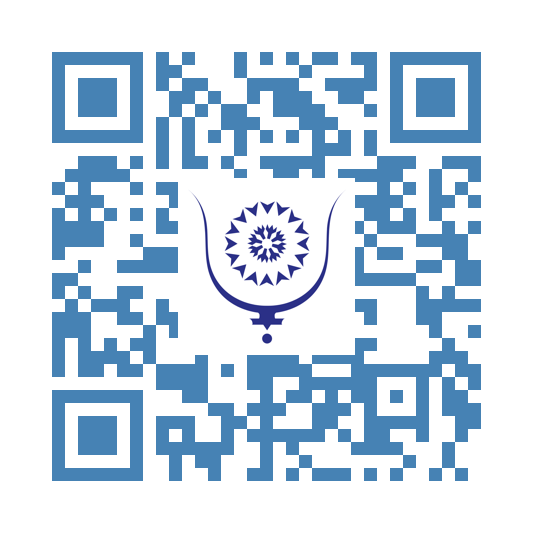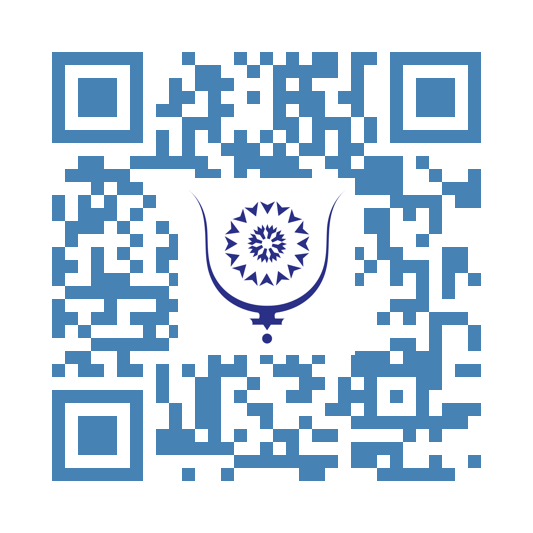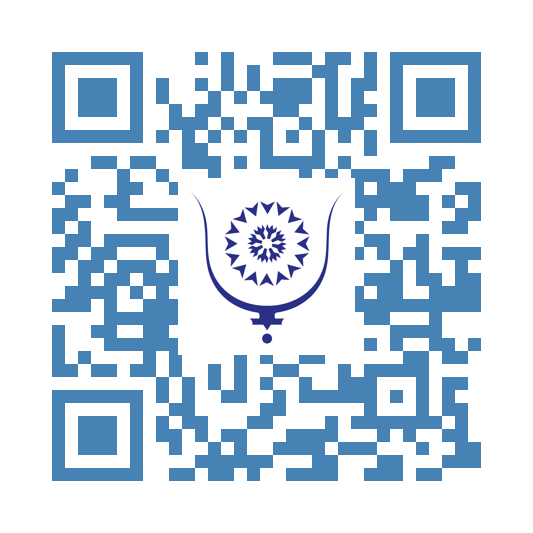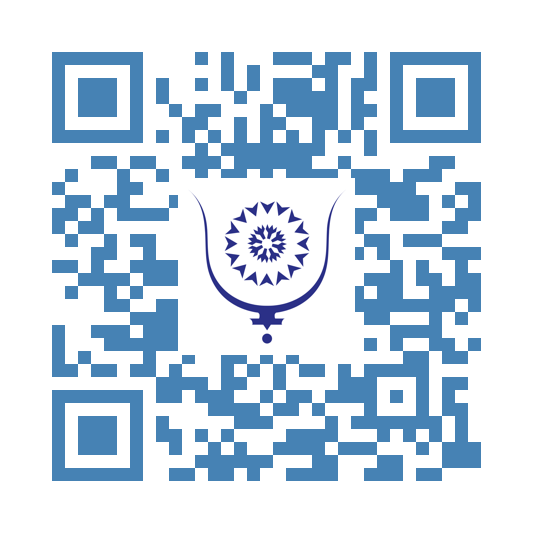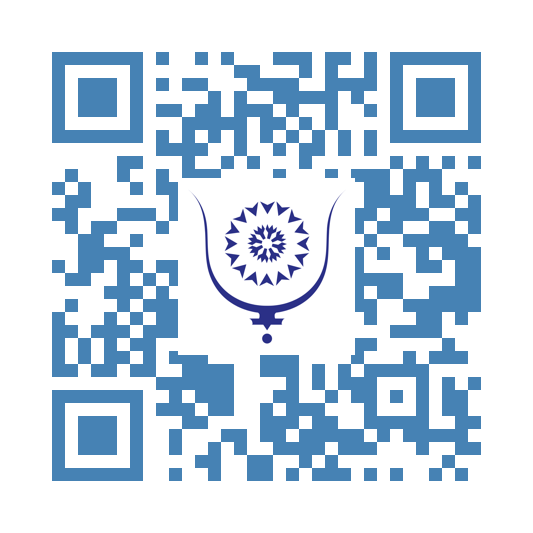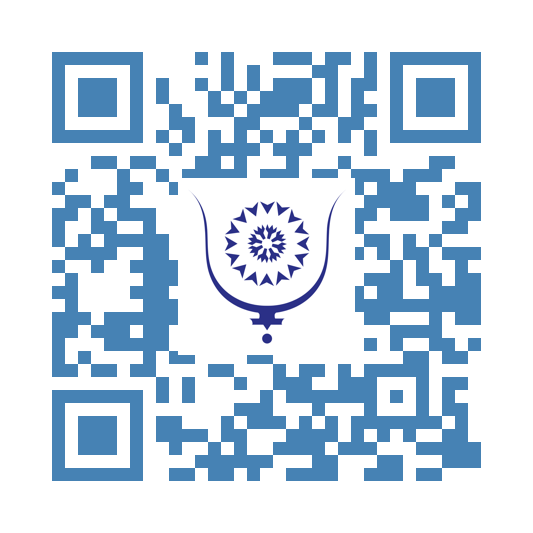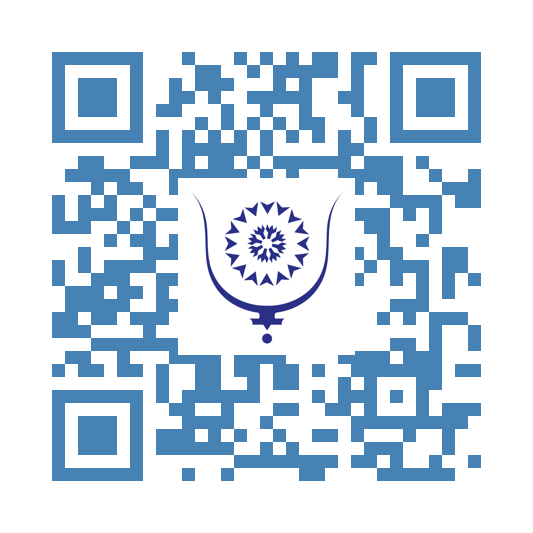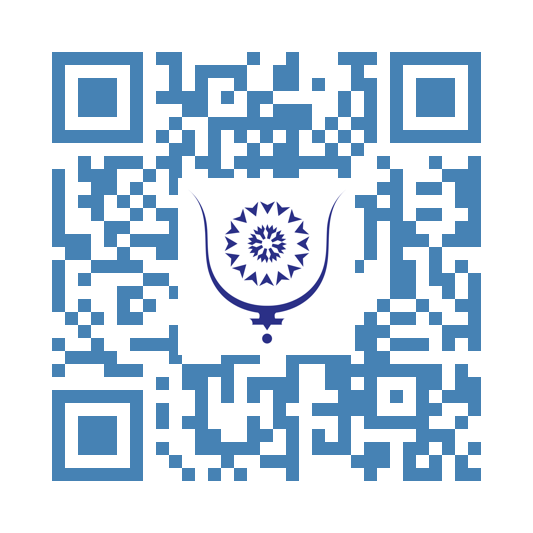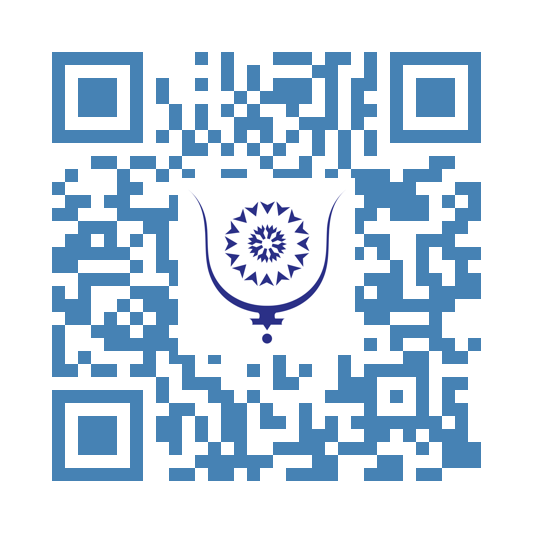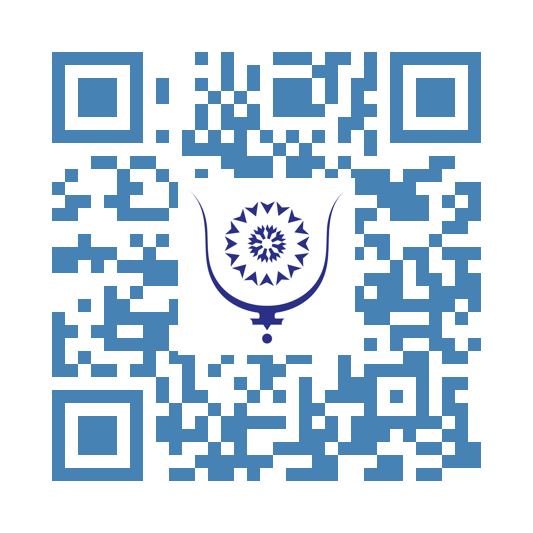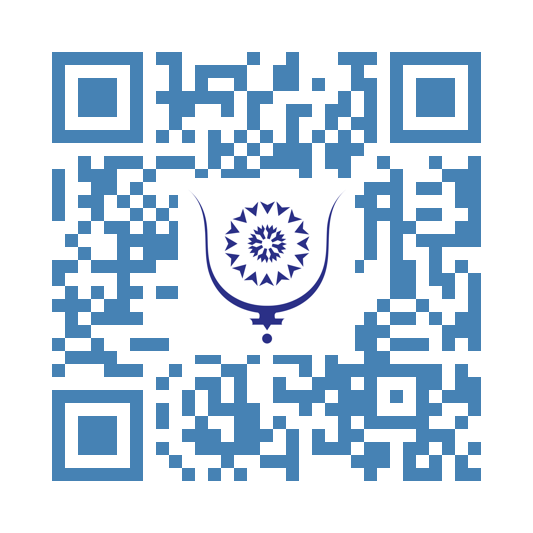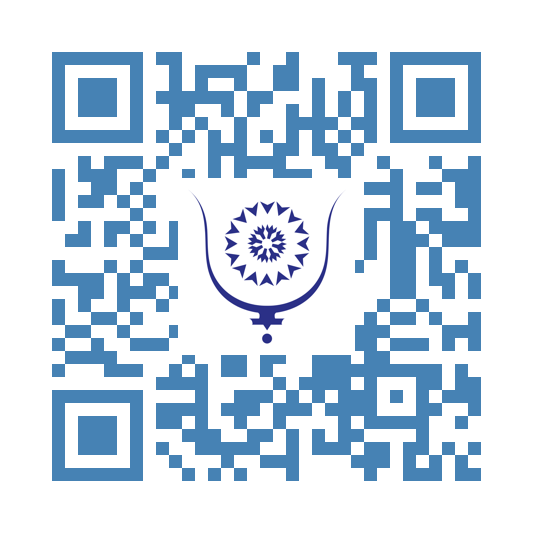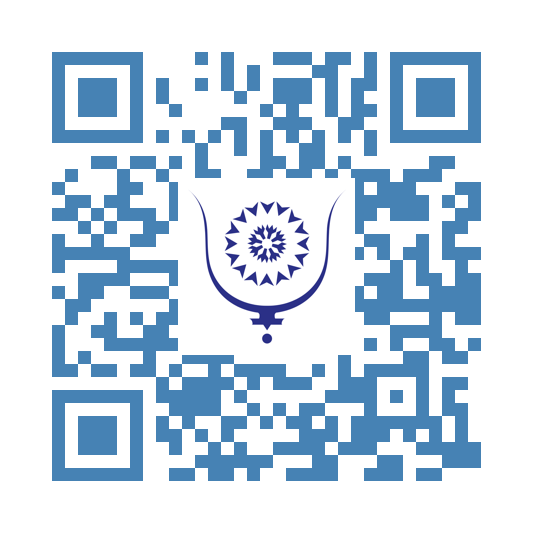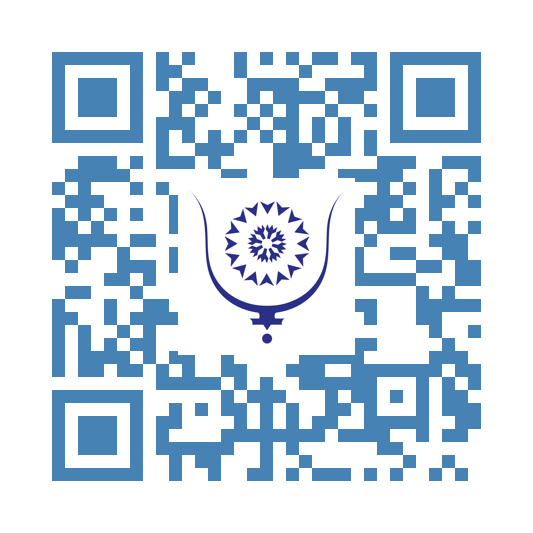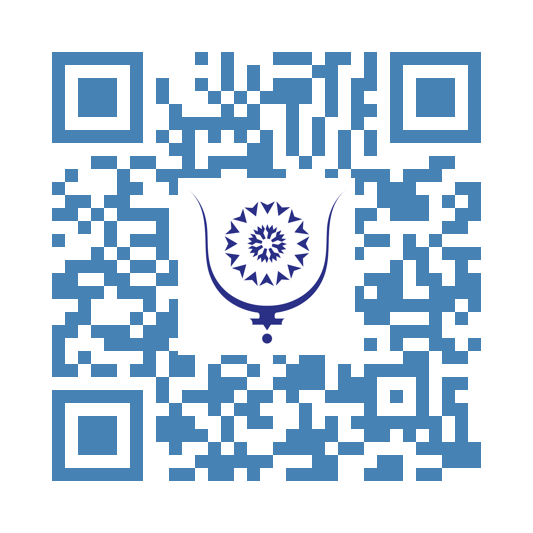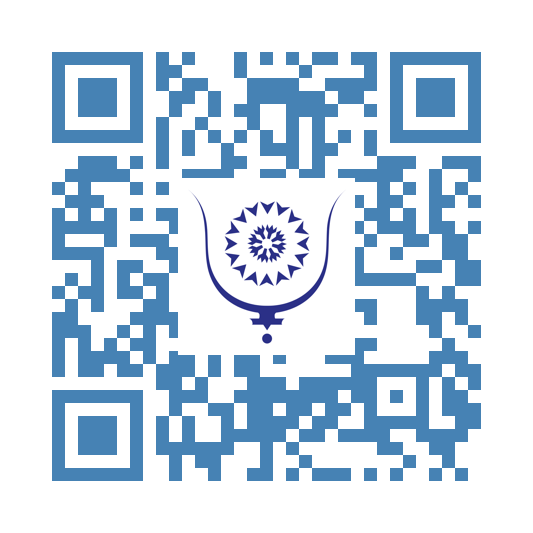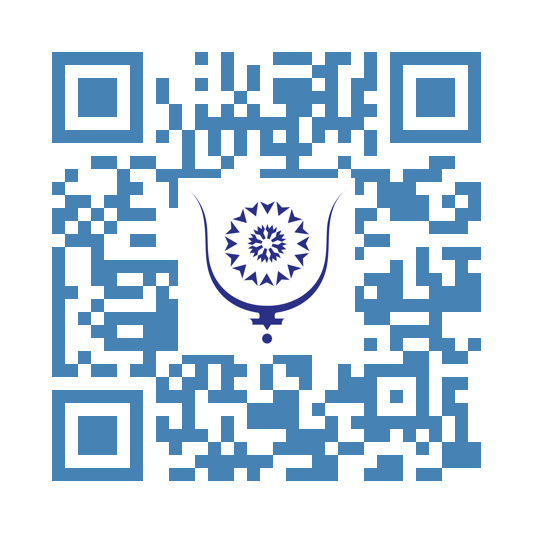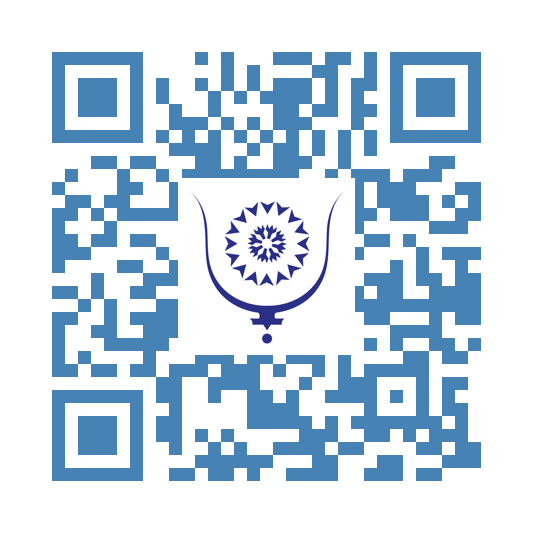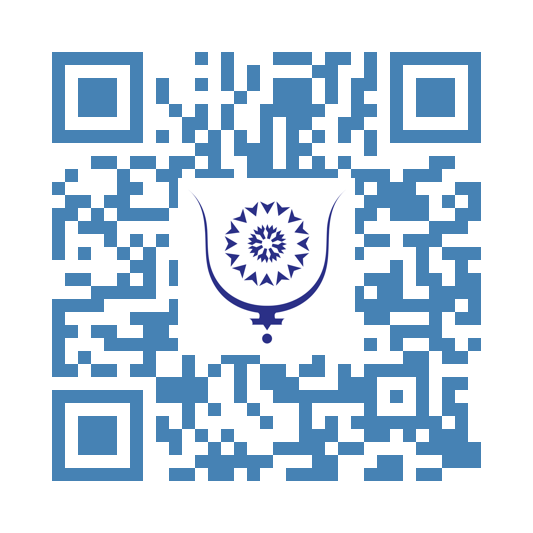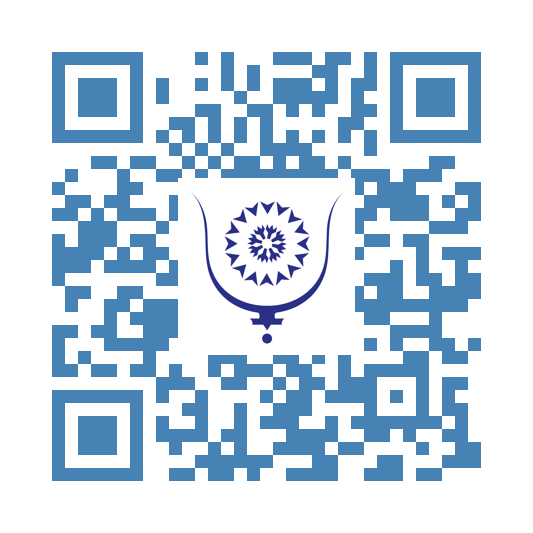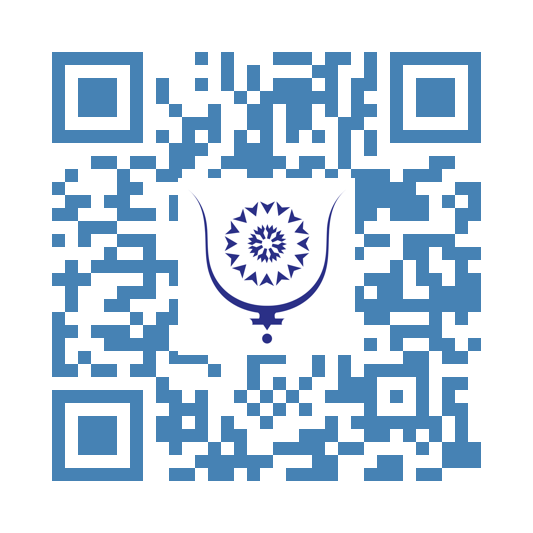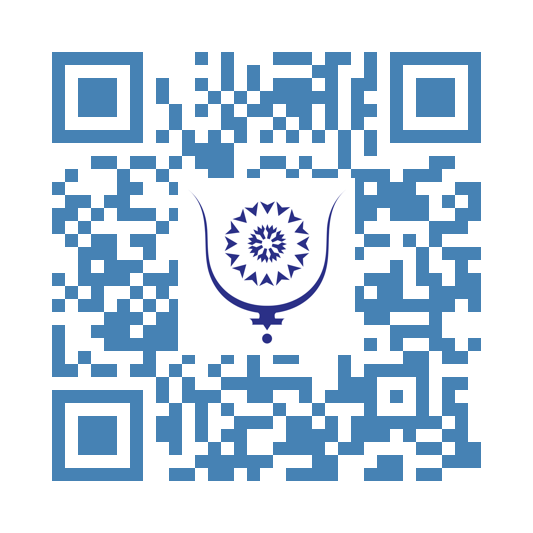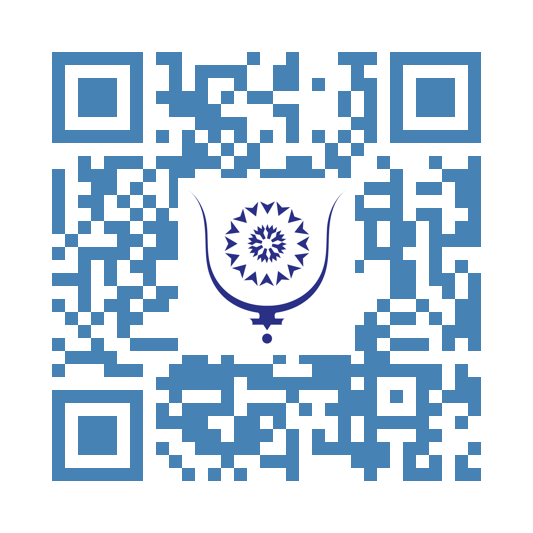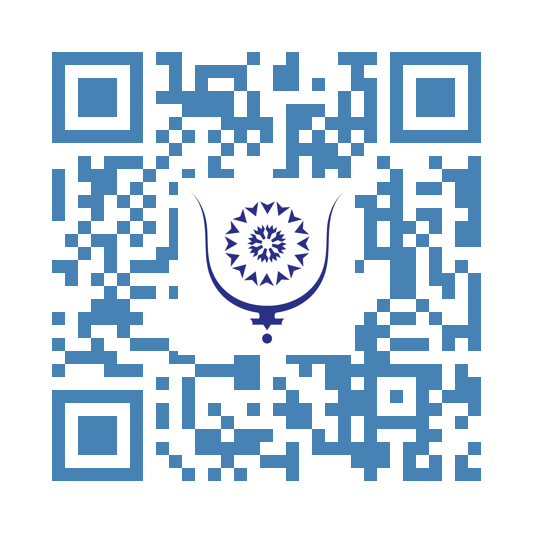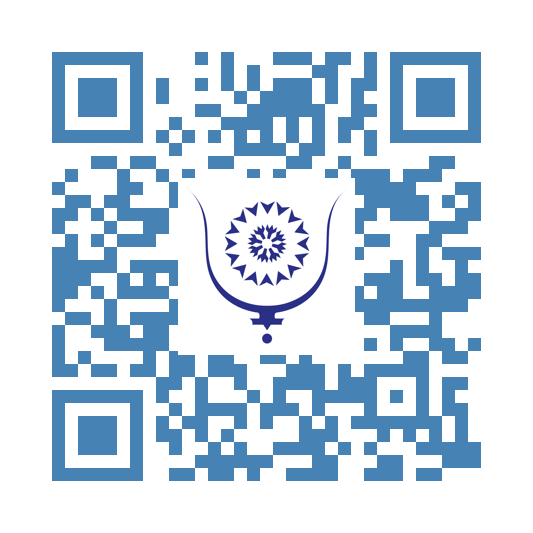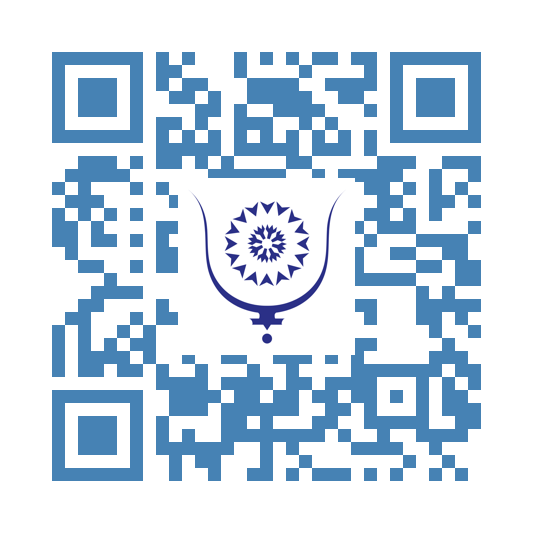Travel Diary #2: Self drive road trip Namibie-Botswana 7376
The second leg of our journey is a self-drive road trip starting from Windhoek in Namibia and ending in Maun, Botswana. For budget reasons, it was impossible to hire the services of a driver-guide for a month. Moreover, we love the adventure and freedom that this type of travel brings. We rented a 4x4 with a rooftop tent and a trunk filled with all the camping essentials: sleeping bags, dishes, propane, and even a small fridge.
Upon our arrival in Windhoek, where we would only spend one night, it's striking how well-constructed and clean the city is. Paved sidewalks and no litter along the roads, unlike in Tanzania. However, there is much more begging. Here, it’s not about someone wanting to provide a service in exchange for some change, but rather an extremely insistent form of begging. The same was true in Swakopmund, on the western coast by the sea. In several towns with frequent tourist traffic, we encountered this dichotomy between cleanliness and begging.
We then left civilization, heading north along the coast. We crossed the Skeleton National Park. I didn’t think a desert landscape could be so varied. Sand dunes, arid areas with some bushes, red earth sometimes tinged with purple, and occasionally the bed of a dried river with a bit of greenery and some antelopes surviving while waiting the next rainy season. Another striking aspect of this desert is the transition to the Atlantic Ocean. The shift from desert to ocean happens very abruptly, with waves crashing directly in the desert or, further north, on the few pebbles that serve as a boundary between water and land. The northern tip of the park is called Terrace Bay. The campsite where we stop is actually a very popular spot for fishermen from neighboring countries. We chatted with one of them who had come all the way from Cape Town (South Africa), having traveled 2000 km to get here with his 4x4.
The next stop on our road trip is the famous Etosha National Park. It is very different from the parks we visited in Tanzania. The dirt roads are in better condition, and the park is more suited for a self-drive visit. The small waterholes (natural or artificial) attract many animals during the dry season and are well marked on the map. However, to see certain animals like cheetahs and lions resting in the shade of trees, it's best to signal other visitors to stop and exchange information. Even the guides, identifiable by their vehicles with pop-up roofs or completely open cars, are generous with advice. A simple wave will have them stop alongside you for a chat. The park is less varied in terms of landscapes compared to the Serengeti, for example, but the sight of the many species sharing the waterholes is magnificent.
Once we crossed Etosha from west to east, we arrived in Rundu in northern Namibia, the second largest city after Windhoek. The owner of the campsite where we stopped told us that there is very little work, and thus most people living on the outskirts survive on what they find and trade. We went with him to see some houses in the village. They are simply areas of land marked out with wooden sticks and a few shelters, either made of metal or a wood/clay mix.
For the end of the Namibian part of the road trip, we headed northeast along the Okavango River. We stopped at a fishing campsite. A little sunrise tour on the river allowed us to chat with the owner, who was very pleasant. He taught us a lot about poaching management and the damage it causes to the river's wildlife. There are almost no fish left. According to him, less than 10% of the aquatic wildlife in this river remains.
After a little rest in a room at Popa Falls, we headed to Botswana and the Okavango Delta for the last two weeks of this part of our journey. Notably, the Namibia/Botswana border at this point is at the end of a long dirt road that crosses Bwabwata National Park.
Before entering the Moremi Game Reserve on the east side of the delta, we spent a night at a campsite near Maun. This town is the equivalent of Arusha in Tanzania (see dedicated article). It’s the starting point for safaris. We stocked up on supplies: fuel, water, and food for the next five days. On the way to the southern entrance of the reserve, a few kilometers after leaving Maun, we realized that driving conditions would be a bit more challenging. The paved road ended, giving way to dirt and sand. We activated the 4x4 mode after just a few meters. Once in the park, conditions changed again. Unlike Etosha, there are no large, flat gravel roads. Thanks to the paper map and the maps.me app, we managed to explore the meanders at an average speed of 20 km/h for about five hours that day. This was followed by several similar days of intense driving that required sharp concentration and a keen sense of direction. The park is very wild, and the campsites are basic. We camped by the Khwai River in the north of the park. Arriving in the early afternoon for a slightly less intense driving day, we saw about twenty elephants drinking and crossing the river. We quickly lit a fire to signal our presence. What an experience! This road trip has been a crescendo of adventure.
Our tourist experience in Botswana is relatively good, but not on par with the previous two countries. The cleanliness and quality of services (campsites and guesthouses) are much lower than in Namibia and Tanzania, with significantly higher prices. I don't want to minimize the beauty of the Okavango Delta; we saw stunning landscapes and all kinds of animals: kudu, zebras, elephants, giraffes, baboons, etc. Moreover, far from complaining, I feel privileged to be able to experience this adventure with my family. However, the prices are far too high. If I could do it again, I would spend a bit more time in Namibia and Tanzania for the same budget.
A very beautiful leg of the journey comes to an end, but stay tuned for more adventures in a few weeks!

